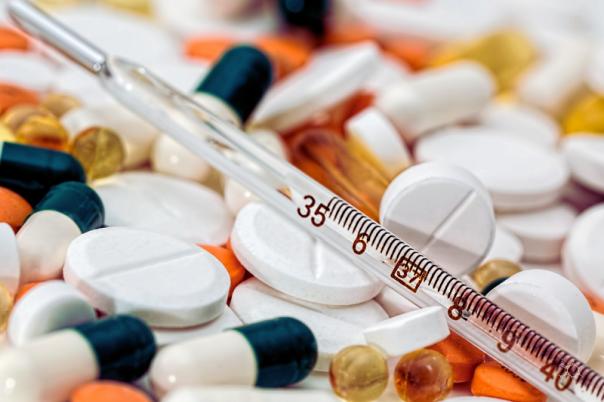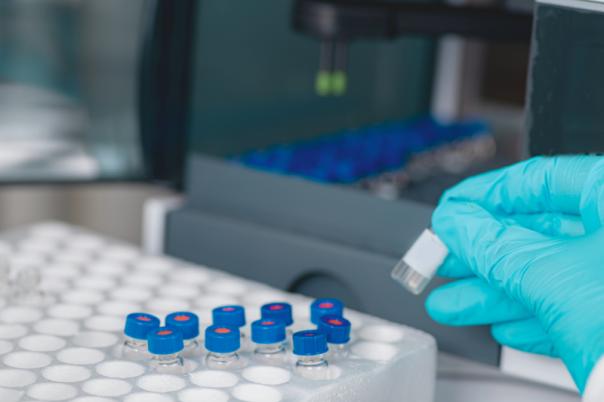Summary
Dr Vivek Gupta, Associate Professor at St John’s University explored the development of polymeric nanoparticle carriers designed to enable non-invasive delivery of large therapeutic molecules, using insulin as a model drug. The core innovation is a modular, “route-agnostic” carrier system that can be adapted for oral, inhalation, or nasal administration with minimal modification.
Most macromolecule therapeutics, such as peptides and proteins, are currently delivered by injection due to barriers like enzymatic degradation, poor permeability, and rapid clearance in non-invasive routes. Gupta’s team developed biodegradable nanoparticles with consistent particle size and good drug loading, designed to be mucoadhesive and enteric-coated, helping them survive stomach acid and adhere to mucosal surfaces.
In vitro studies showed a 10–15-fold increase in insulin permeation across cell models, with up to 80% drug permeation. In diabetic rats, oral administration of the nanoparticles resulted in significant insulin absorption and sustained blood glucose reduction, outperforming plain insulin and matching subcutaneous injection in efficacy.
The same nanoparticles, without modification, were tested for inhalation, meeting FDA criteria for lung deposition and showing effective insulin delivery and glucose control in animal models. Additionally, chronic daily inhalation in diabetic rats maintained normal glucose levels without signs of toxicity or accumulation.
The presentation concluded that route-agnostic polymeric carriers can revolutionise the delivery of biologics by making therapies more accessible and less invasive. Gupta also stressed that the technology is adaptable and scalable for a wide range of drugs beyond insulin.





